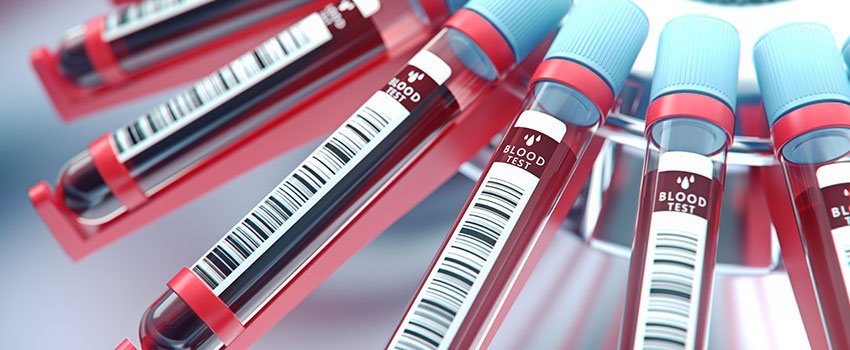
Everyone has been sick at least once in their lives, and it can be a really frustrating experience when you wake up feeling less than your best. While many illnesses have telltale symptoms and you can receive a diagnosis quickly after a physical exam, others may take a bit more investigative work to diagnose.
That’s where our amazing team and our resources come into play! We have a variety of diagnostic tools at our disposal to help us pinpoint what is causing you pain or causing your unpleasant symptoms. One of these tools is the state-of-the-art lab that we have right on site.
Our AFC Urgent Care Monroe Road team is grateful to have easy access to a lab, and we explain how we can use ours to help diagnose you faster below.
What Tests Can the Lab Process?
Our lab has a quick turnaround time since it is located right in our building, so our rapid tests are one of the fastest ways to figure out what is causing your symptoms. We can run these tests and diagnose you in as little as 10 minutes with the flu, COVID-19, RSV or strep throat! In addition, we can perform urinalysis and cultures to help determine if you are suffering from some sort of infection.
We can also do blood draws and test your blood for different things. One common test that we run often is called a CBC, or complete blood count. A CBC measures the different levels of blood cells in your body, which gives us a great benchmark of your health. Your blood can tell a lot about you and we use this information to form our diagnosis.
Common Diagnoses After Taking a Patient’s CBC Test
- Anemia
- A variety of infections
- Immune system disorders
- Blood diseases
How Is Anemia Diagnosed?
You have probably heard of anemia before, and that’s because it is the most common blood condition in the world! Anemia develops when your body has trouble making the right amount of red blood cells for your body. When that happens, you can feel pretty sick and out of sorts.
Fatigue, dizziness, lightheadedness and a rapid heartbeat are all common symptoms associated with anemia. These symptoms, coupled with a CBC test that reports a low red blood cell count, helps push us toward an anemia diagnosis. Thankfully, simple diet and lifestyle changes can help reverse this condition and get you back to feeling well in no time at all.
##Common Ways to Treat Anemia
- Eat iron-rich foods like lean meat, fish, eggs and dried beans.
- Consume more folic acid from dark, leafy green vegetables.
- Increase your vitamin D intake.
- Take an iron supplement, if recommended.
Have you been feeling faint or lightheaded? Come see us for a quick CBC test at AFC Urgent Care Monroe Road.


